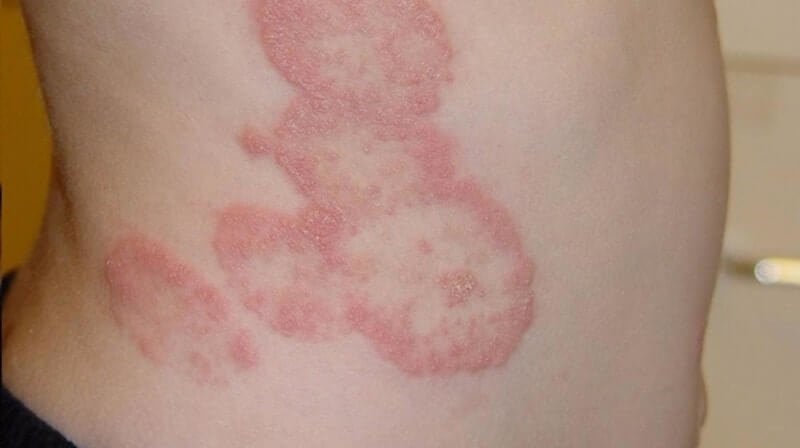
Skin fungus is a common skin disease after prolonged periods of heavy rain and floods - Photo: BSCC
Regarding the treatment and prevention of skin diseases for people after the storm and flood, Dr. Vu Thai Ha - Head of the Department of Research and Application of Stem Cell Technology (Central Dermatology Hospital) - said that in addition to infectious diseases such as diarrhea, pink eye, cholera, dysentery, typhoid, skin diseases are also on the rise.
Skin diseases encountered during and after the rainy season include new skin diseases and existing skin diseases that become worse. Rain, storms, floods, and difficult travel also affect the examination and treatment of chronic skin diseases. At this time, people need to pay attention to the following skin diseases:
- Skin fungal infections : Common fungal infections are foot fungus, groin fungus, body fungus, and hand fungus. Foot fungus is often found between the toes and can spread to the entire foot. Symptoms are often red inflammation, thickened skin between the toes or the entire sole of the foot, or blisters, blisters, and severe itching due to rain, floods, and people often soak their feet in water, dirty water increases the rate of foot fungus infection.
Jock itch is a fungal infection of the skin in the groin area. Symptoms include red, itchy, scaly patches that gradually spread, with red or blistered edges and a polygonal shape. The reason is that during the rainy season, when clothes are easily damp, the groin area, which is poorly ventilated, becomes hotter and more humid, creating a favorable environment for fungi to grow.
For skin fungus, people need to pay attention to ensure dryness on the body, feet, hands, clean skin when possible. Treatment with keratolytic, antifungal drugs under the guidance and examination of a dermatologist.
In case of staying in flood or stormy areas for a long time, after escaping from this situation, you need to take a shower with soap or shower gel, dry, especially the folds such as between the toes, groin, armpits. If you have symptoms of skin fungus, contact the nearest dermatologist for examination and treatment.
- Diseases related to skin infections : Impetigo, boils, folliculitis, cellulitis appear during heavy rains, floods, poor hygiene conditions, skin abrasions, damaged skin barrier when soaked in water for a long time, bacteria penetrate and cause skin infections. Symptoms are red, painful, hot, swollen papules, lumps, possibly with pus or pus blisters, crusting.
Treatment requires topical antiseptic/antibiotic solutions, and in severe cases systemic antibiotics. The body should be cleaned as soon as possible and the skin kept dry if possible.
- Scabies, lice : Poor hygiene and cramped living environments increase the risk of scabies, lice and spread. Scabies is caused by the parasite Sarcoptes scabiei (also known as scabies). Scabies are red spots, blisters in the folds of the hands such as: palms, between the fingers, armpits, abdomen, genitals and itches a lot at night.
Scabies is highly contagious, so many people in the same family can get the disease. The disease causes a lot of itching, greatly affects daily life, and can cause complications such as infection and impetigo.
Lice are caused by parasites called lice, which usually appear on the scalp, eyebrows, eyelashes and body hair. Some common symptoms include severe itching, small bites, nits, lice, and adult lice. Treatment is with insecticidal shampoos/sprays, and using a specialized comb to remove nits and adult lice from the hair.
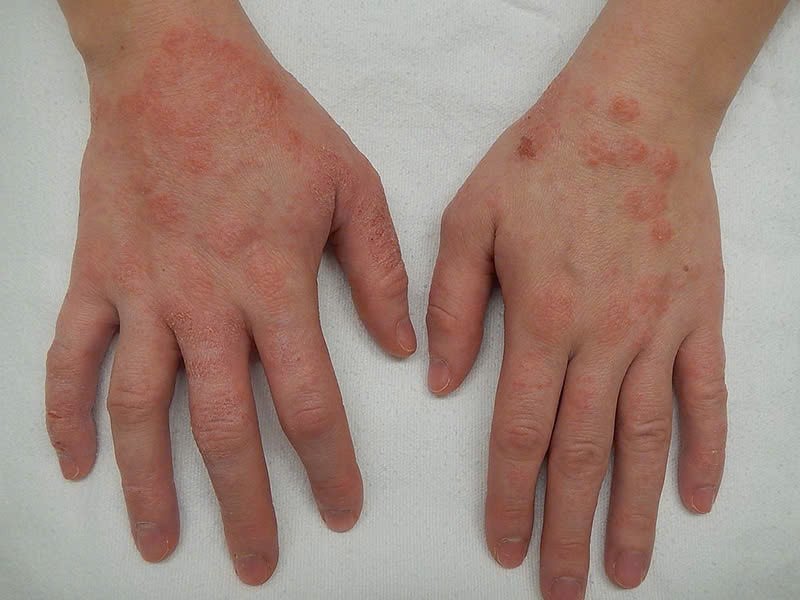
Contact dermatitis is characterized by red rashes, possibly blisters, swelling, itching, burning and discomfort for the patient - Photo: BSCC
- Contact dermatitis. Because flood water often contains chemicals from industries or households such as waste, heavy metals, detergents, pesticides.
Contact dermatitis occurs when the skin comes into contact with substances in flood water, often occurring in areas of skin that are in direct contact with water such as the feet and hands, with symptoms such as red rashes, possibly blisters, swelling, itching, burning and discomfort for the patient.
The frequent use of disinfectants and detergents after a storm also increases the risk of contact dermatitis in people with pre-existing allergies. Therefore, the treatment method for this disease is to use topical medications and oral anti-itch medications.
Existing skin conditions can get worse after floods.
After floods, people with existing skin conditions will have an exacerbation: There are two main problems that are aggravated, because floods lead to anxiety, stress and changes in the skin environment as well as the skin barrier condition. Second, there is a risk that prescriptions will not be complete and correct due to difficulties in traveling for regular check-ups.
Some diseases are aggravated by psychological stress and anxiety such as: Psoriasis, seborrheic dermatitis, alopecia areata, atopic dermatitis. Diseases that are not properly prescribed or re-examined as well as lack of medication can be aggravated such as: Atopic dermatitis, psoriasis. If not cared for, maintaining regular moisturizing can also be aggravated.
Chronic skin diseases that require long-term management include psoriasis, lupus erythematosus, scleroderma, dermatomyositis, and autoimmune bullous skin disease. Therefore, patients should keep a relaxed and optimistic spirit to avoid worsening the disease. They should consult a dermatologist online or in person depending on the situation.
To prevent skin diseases during and after storms, people need to clean their living environment, ensure clean water supply; minimize contact with dirty water sources and stagnant water sources; and wear protective gear if they have to go to flooded areas.
After contact with rain or flood water, rinse with clean water, dry, pay attention to folds such as between fingers, armpits, and groin.
People should also avoid contact with floodwater if they have open wounds; wash wounds with soap and clean water; clean and cover wounds with waterproof bandages to reduce the risk of infection.
If the wound is red, swollen or oozing, seek medical advice online or at the nearest medical facility for treatment; clean the body area and let it dry as soon as possible.
Taking preventive measures such as maintaining hygiene, limiting contact with polluted water, and promptly caring for wounds are very important to protect health and prevent skin diseases after prolonged floods.
Therefore, people need to have a firm grasp of basic medical knowledge, and need to closely follow information on disease prevention and control according to the diagnosis and treatment guidelines and other guidelines of the Ministry of Health . When an epidemic occurs, they should immediately go to the nearest medical facility for timely examination and treatment.
Source: https://tuoitre.vn/nhung-dieu-can-biet-de-phong-tranh-benh-da-lieu-sau-mua-lu-20240916090539906.htm





![[Photo] Lam Dong: Panoramic view of Lien Khuong waterfall rolling like never before](/_next/image?url=https%3A%2F%2Fvphoto.vietnam.vn%2Fthumb%2F1200x675%2Fvietnam%2Fresource%2FIMAGE%2F2025%2F11%2F20%2F1763633331783_lk7-jpg.webp&w=3840&q=75)
![[Photo] National Assembly Chairman Tran Thanh Man holds talks with South Korean National Assembly Chairman Woo Won Shik](/_next/image?url=https%3A%2F%2Fvphoto.vietnam.vn%2Fthumb%2F1200x675%2Fvietnam%2Fresource%2FIMAGE%2F2025%2F11%2F20%2F1763629724919_hq-5175-jpg.webp&w=3840&q=75)
![[Photo] President Luong Cuong receives President of the Senate of the Czech Republic Milos Vystrcil](/_next/image?url=https%3A%2F%2Fvphoto.vietnam.vn%2Fthumb%2F1200x675%2Fvietnam%2Fresource%2FIMAGE%2F2025%2F11%2F20%2F1763629737266_ndo_br_1-jpg.webp&w=3840&q=75)














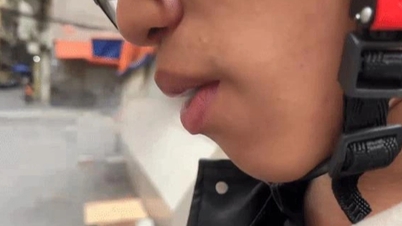
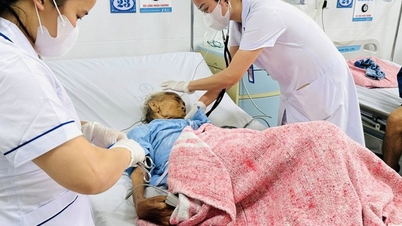

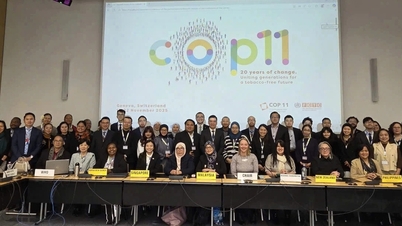



















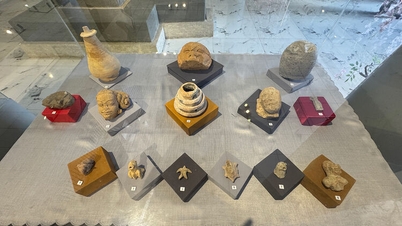




























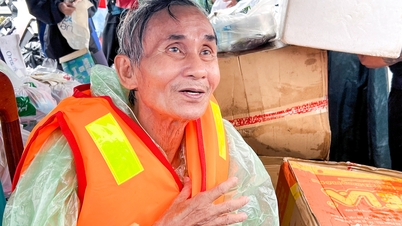















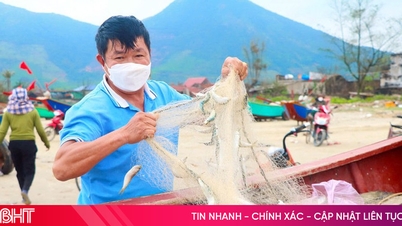




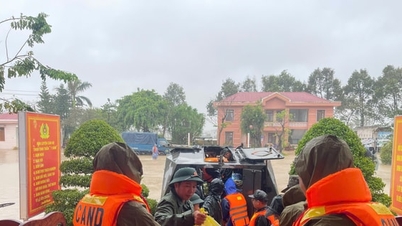
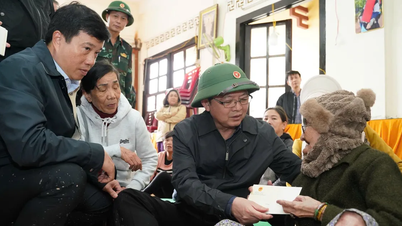















Comment (0)